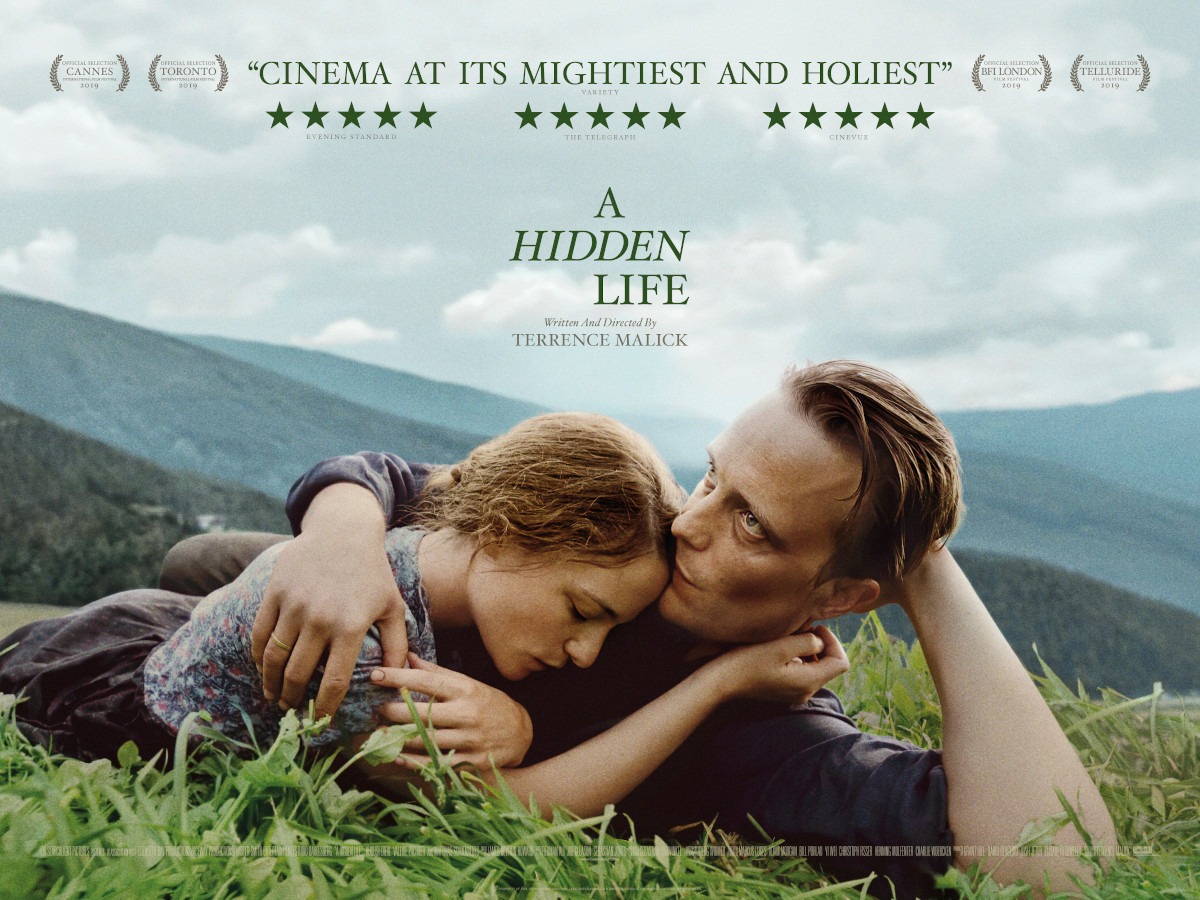
And I’m going to argue that we change lives precisely because we force open that too-small box that most human beings think they live in. We’re the bran muffin of journalism.īut you know what? We change lives. We’re seen as being global, fair, insightful, and perhaps a bit too earnest. If you were to come up with a punchline to a joke about the Monitor, that would probably be it. Sometimes, we call things ‘boring’ simply because they lie outside the box we are currently in.” My work in Kenya, for example, was heavily influenced by a Christian Science Monitor article I had forced myself to read 10 years earlier. “Many things that end up” being meaningful, writes social scientist Joseph Grenny, “have come from conference workshops, articles, or online videos that began as a chore and ended with an insight. (Dreyer didn’t live to direct his script about Jesus.)Ībout a year ago, I happened upon this statement about the Monitor in the Harvard Business Review – under the charming heading of “do things that don’t interest you”: Danish director Carl Theodor Dreyer’s “The Passion of Joan of Arc” (1928), a total submersion into the ecstasies and agonies of faith, is the greatest of them all. It’s not surprising that the most powerful religious-themed movies have come from outside Hollywood.
The hidden movie movie#
The enjoyable “The Two Popes” is less a religious movie than a high-toned buddy picture: Cardinal Bergoglio and Pope Benedict bond over ABBA and soccer games. Mel Gibson’s “Hacksaw Ridge,” about a Seventh-day Adventist who becomes a World War II hero despite being a pacifist battlefield medic, exhibited Gibson’s usual penchant for bloodlust posing as religiosity. A long-held passion project, it was a movie that ultimately seemed to mean more to its director than to its audience. “Silence,” set in the 17th century and directed by Martin Scorsese, was about two Portuguese Jesuit priests who venture into Japan, where Christianity was forbidden, in search of the mentor who has reportedly renounced his faith. There have been few other recent Hollywood movies attempting anything similar to “A Hidden Life.” Paul Schrader’s “First Reformed” starred Ethan Hawke as a parish pastor beset by personal demons its tortuous examination of the sacred and the profane leaned a bit too heavily on the profane.

Malick, who is currently shooting a movie about Jesus, is so far out of the studio mainstream that he essentially operates on his own recognizance. This is what differentiates “A Hidden Life” from so many Hollywood movies where people, without any religious underpinning, fight for what is right.įor reasons I suspect are more commercial than doctrinal, Hollywood has never been conducive to explicitly religious movies. Franz’s stance is a deeply moral one, but his morality is based on his religious precepts. It has a powerful sense of the immanence of life. The Monitor’s critic looks at what sets the film apart from others in the rare, religious-themed movie genre.ĭespite its faults – a glacial three-hour running time and Malick’s overuse of oracular voice-overs to express his characters’ inner thoughts – the film does indeed succeed in being a species of religious experience. “A Hidden Life” explores how one man refused, based on his faith, to take an oath to Hitler. (Says one sympathizer: “God doesn’t care what you say, only what is in your heart.”) Ultimately it is Fani’s father who speaks for the filmmaker: “Better to suffer injustice than to do it.” Malick does not dismiss lightly the philosophical arguments encouraging Franz to relent and sign the oath.

The villagers, branding him a traitor, turn against the family. Their three little daughters are kept in the dark. (He was beatified by the Vatican in 2007.) His wife, Fani (Valerie Pachner), is torn by his stance but stands by him. Radegund who refuses to swear an oath of loyalty to Adolf Hitler and ultimately is executed. It’s about Franz Jägerstätter (August Diehl), a peasant farmer and devout Roman Catholic in the Alpine-ringed Austrian village of St. It’s an attempt to make the movie itself function as a religious experience. Writer-director Terrence Malick’s “A Hidden Life” is the antithesis of those epics.

Most of the famous religious-themed Hollywood movies – from “The Ten Commandments” to “The Greatest Story Ever Told” – are biblical epics functioning as star-studded illustrated guidebooks to sacred texts.


 0 kommentar(er)
0 kommentar(er)
